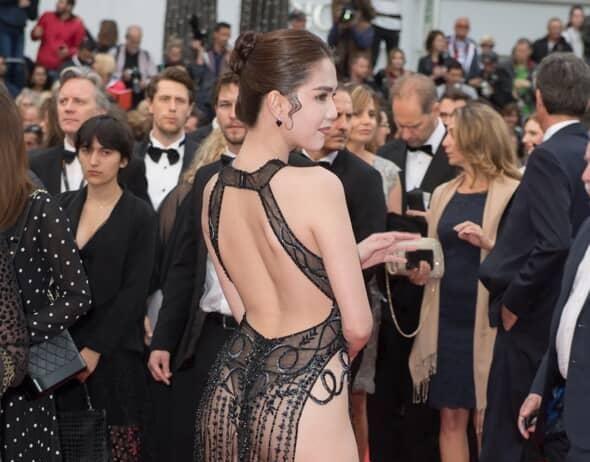Cannes Film Festival France
Cannes, France – May 2025 – In a bold shift from its traditionally liberal fashion norms, the 78th Cannes Film Festival has officially banned “naked dressing” on the red carpet, marking a new era of red carpet regulation. The decision has stirred global debate across the fashion, film, and feminist spheres, drawing both applause and criticism for what many view as a significant cultural pivot.
A New Dress Code for a Changing Era
Announced weeks before the festival’s opening, the Cannes committee outlined updated dress guidelines that explicitly prohibit “see-through gowns, strategically placed fabric panels, or outfits that leave little to the imagination.” The ruling applies to all red carpet appearances, including premieres and gala events.
Festival director Thierry Frémaux addressed the change during the opening press conference, stating, “Cannes is a place of cinematic excellence and cultural dignity. We believe the red carpet should reflect the sophistication of the art we celebrate.”
While Cannes has always had a somewhat unwritten standard of glamour and elegance, this is the first time the festival has formally codified rules to limit hyper-revealing outfits.
Backlash and Applause
The response has been polarized. Critics of the ban see it as regressive, arguing that it infringes on personal expression and disproportionately targets women.
“Fashion is art, and the red carpet is one of its most visible canvases,” said American actress and activist Zoë Whitaker. “To police what counts as ‘too revealing’ is to stifle creativity and autonomy.”
Others, however, have welcomed the change. Some fashion insiders argue that the festival had become a stage for attention-seeking rather than style.
“Elegance was being overshadowed by shock value,” said French fashion historian Claudine Morel. “Cannes should lead by example in elevating fashion, not chasing viral moments.”
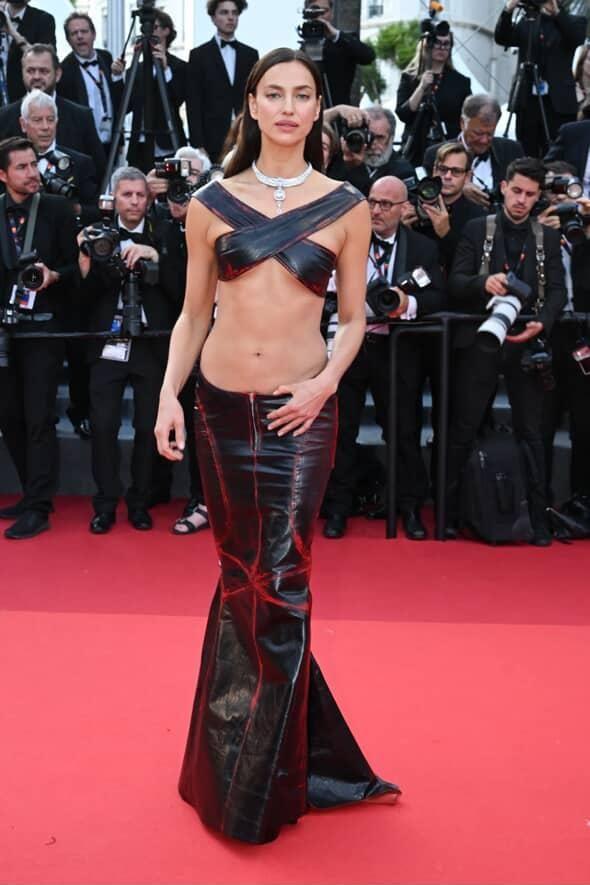
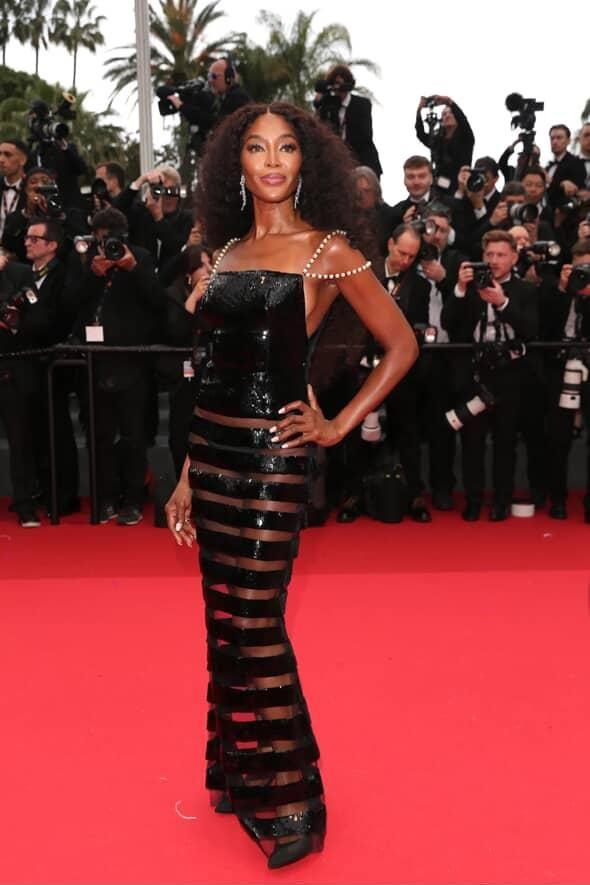
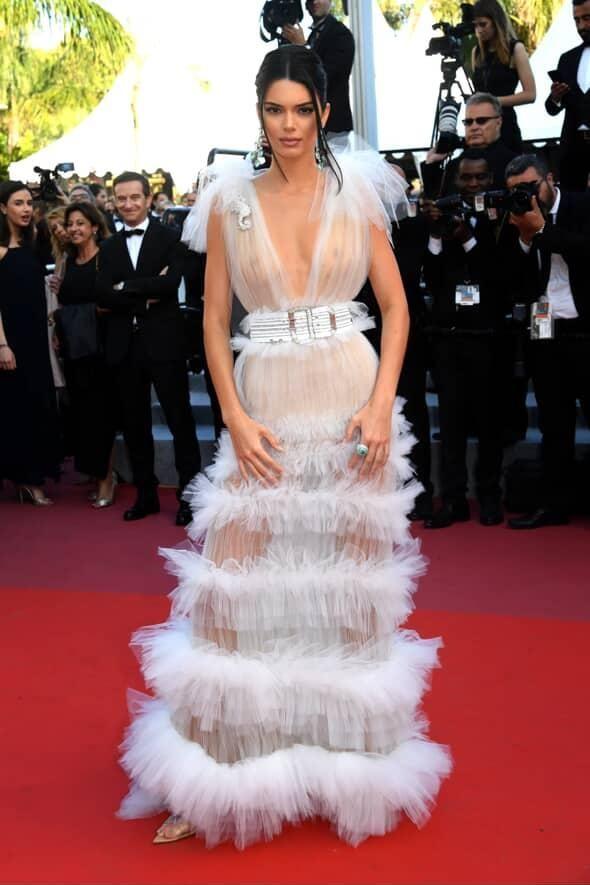
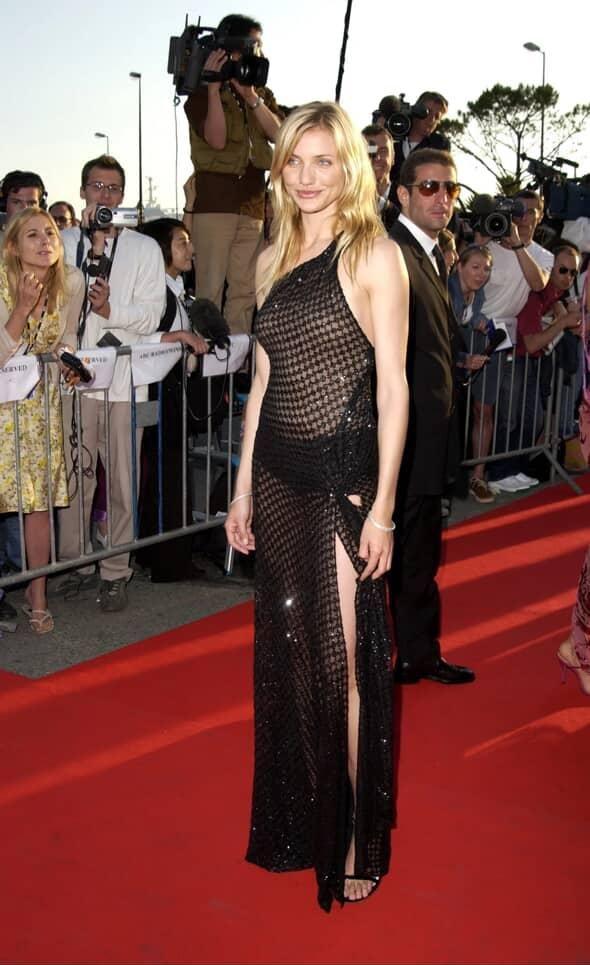
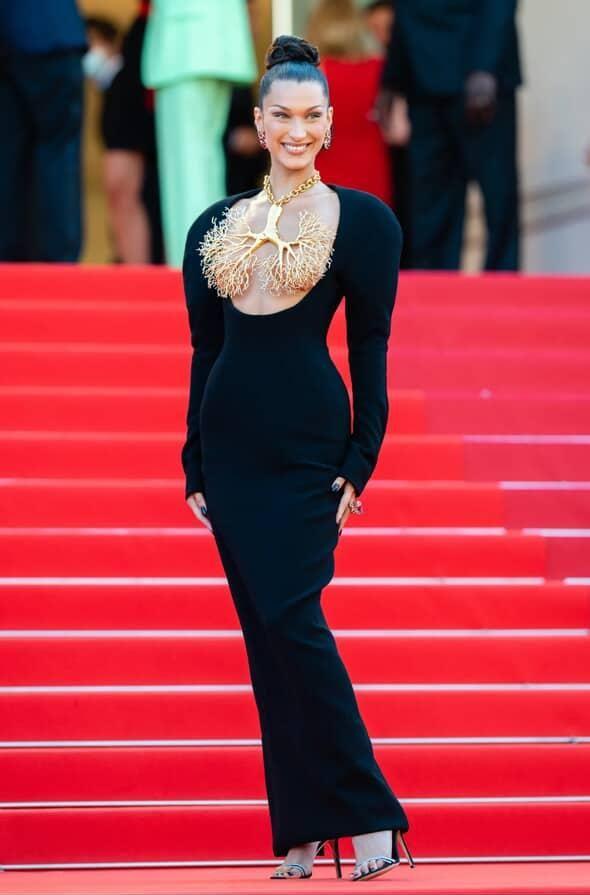
A Global Conversation
This policy arrives at a time when conversations about women’s agency, modesty, and the male gaze continue to shape global pop culture. It reflects a larger trend toward reexamining public dress standards in high-profile events, with other institutions like the Met Gala and the Oscars facing similar debates over red carpet decorum.
Social media, predictably, has amplified the discourse. The hashtag #CannesClothesCode trended globally within hours of the announcement, with celebrities, stylists, and fans sharing divided opinions.
The Future of the Red Carpet
Despite the controversy, the ban seems here to stay—at least for now. Cannes organizers have hinted at the possibility of reviewing the policy in future years, depending on public and industry feedback. But for the 78th edition, stars will be required to strike a new balance between boldness and decorum.
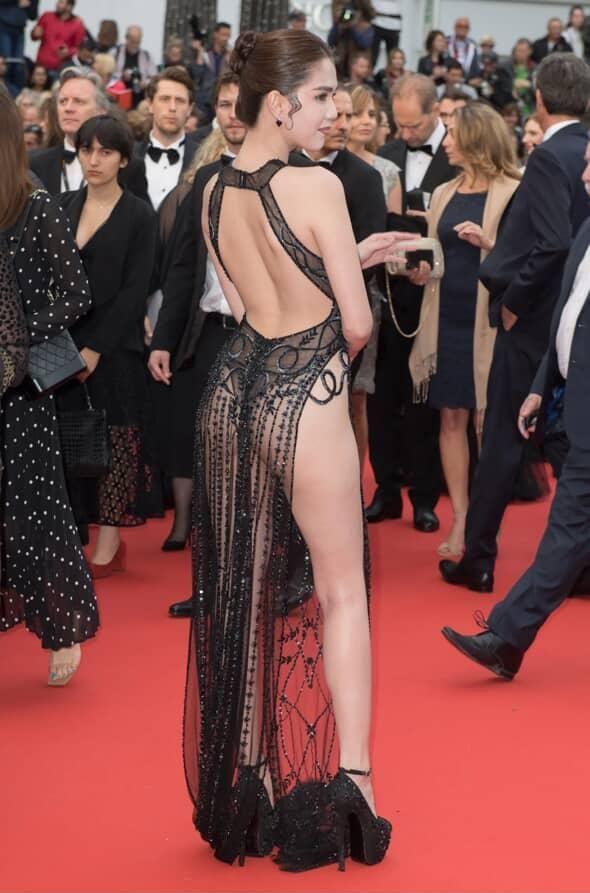

In a festival known for both its cinematic prestige and fashion spectacle, the question now becomes: Can glamour survive without provocation?
As the flashbulbs begin to fire on the Croisette, the world will be watching not only for the films—but for what people are (and aren’t) wearing.


